Understanding Heart Attacks| Early Warning Signs| Recognizing Heart Attack| Heart Attack Symptoms| Identifying Symptoms| Silent Heart Attack| Seek Medical Help|
Recognizing the symptoms of a heart attack include chest pain or discomfort, shortness of breath, pain or discomfort in the jaw, neck, back, arm, or shoulder, and feeling nauseous, light-headed, or unusually tired. These signs can help identify a potential heart attack in both men and women.
It is important to be aware of these symptoms as they can manifest differently in different individuals. Ignoring or dismissing these warning signs can be life-threatening. Therefore, understanding the symptoms and acting promptly by seeking medical attention can significantly improve the chances of survival and minimize long-term complications.
Understanding Heart Attacks
A heart attack is a serious medical emergency with potentially life-threatening consequences. Understanding the symptoms can help you recognize when immediate medical attention is needed. In this section, we will delve deeper into the definition of a heart attack, as well as the causes and risk factors associated with this condition.
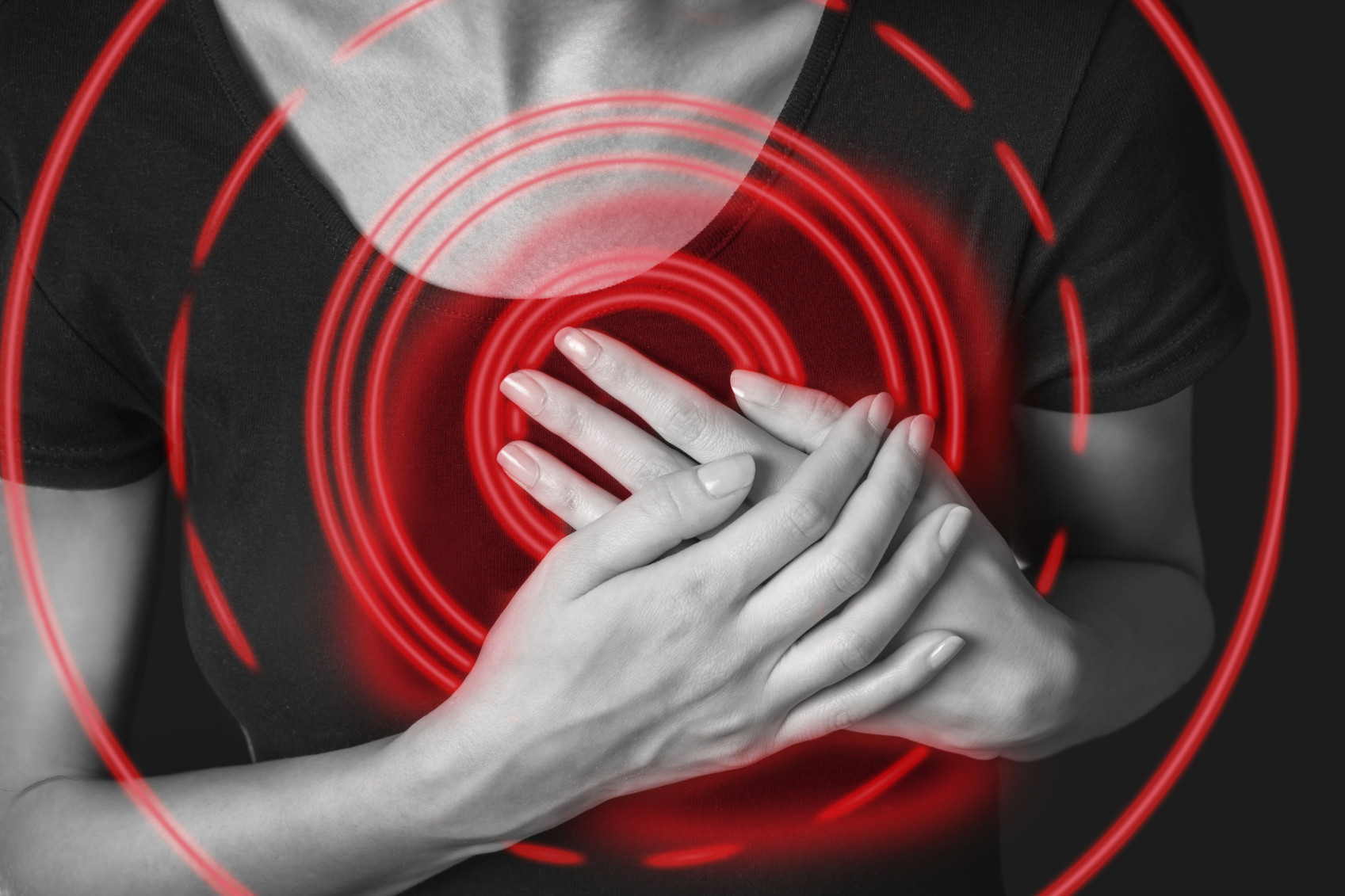
Definition Of A Heart Attack
A heart attack, also known as a myocardial infarction, occurs when the blood flow to a section of the heart is blocked, usually due to a blood clot. This blockage prevents oxygen-rich blood from reaching the heart muscle, causing the heart tissue to become damaged or die. It is essential to recognize the signs of a heart attack to ensure prompt medical intervention and prevent further complications.
Causes And Risk Factors
Several factors can contribute to the development of a heart attack. One of the primary causes is the buildup of fatty deposits, known as plaque, in the coronary arteries. Over time, this plaque can rupture, leading to the formation of a blood clot that obstructs blood flow to the heart.
Several risk factors increase the likelihood of experiencing a heart attack. These include:
| Risk Factors | Description |
|---|---|
| Age | Being older increases the risk of a heart attack. |
| Gender | Men are generally at a higher risk of heart attacks compared to women, although the risk increases for women post-menopause. |
| Family History | Having a close family member who has had a heart attack increases the risk. |
| High Blood Pressure | Uncontrolled high blood pressure can contribute to heart attacks. |
| High Cholesterol | Elevated levels of cholesterol in the blood can lead to the formation of plaque in the arteries. |
| Smoking | Smoking damages the blood vessels and raises the risk of heart attacks. |
| Diabetes | Diabetes increases the risk of heart disease, including heart attacks. |
| Obesity | Being overweight or obese puts additional strain on the heart. |
| Sedentary Lifestyle | Inactivity can contribute to the development of heart disease. |
By understanding the causes and risk factors associated with heart attacks, individuals can take proactive steps towards prevention and early detection. Regular exercise, a balanced diet, and regular medical check-ups are key in maintaining heart health.
Recognizing the symptoms of a heart attack is crucial for timely intervention. In the next section, we will explore the various signs that indicate a heart attack may be occurring.
Early Warning Signs
When it comes to recognizing the symptoms of a heart attack, early detection is crucial. Being able to identify the warning signs can potentially save lives and ensure timely medical intervention. While everyone may experience heart attack symptoms differently, there are common indicators that should not be ignored. Knowing these early warning signs can help you take immediate action in case of a potential heart attack.
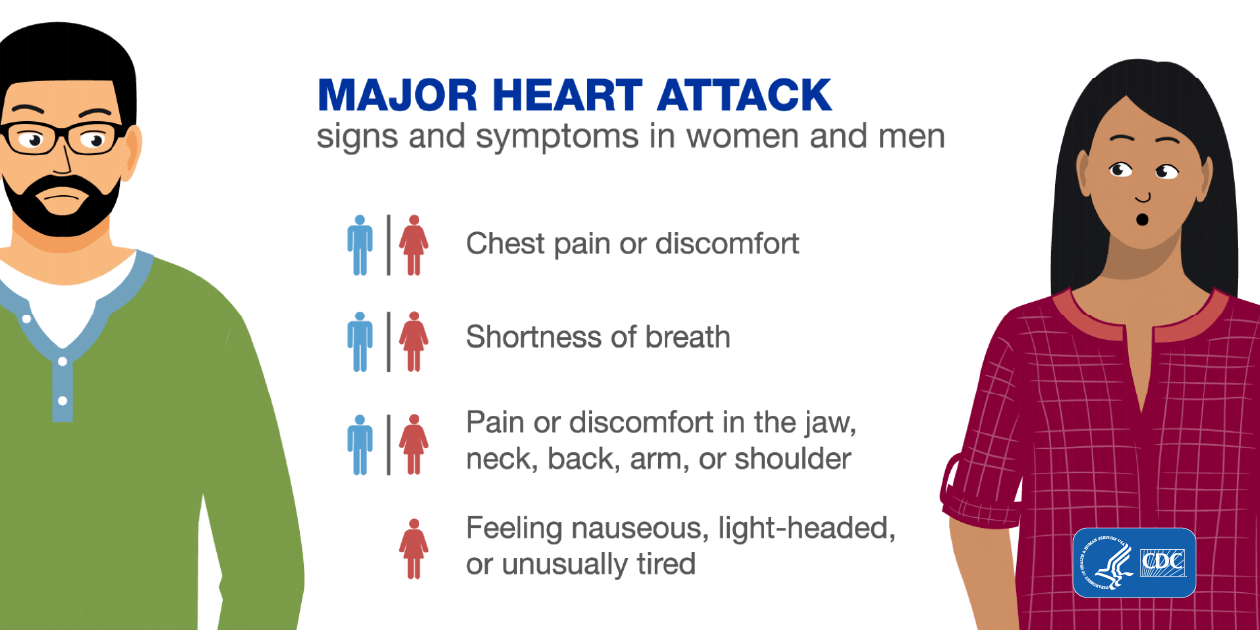
Chest Pain Or Discomfort
One of the most prominent early warning signs of a heart attack is chest pain or discomfort. It may feel like a pressure or tightness in the chest, which can last for a few minutes or come and go. This discomfort can often radiate to other areas such as the jaw, neck, back, arm, or shoulder. It is essential to pay attention to any unusual or persistent chest pain and seek medical assistance promptly.
Shortness Of Breath
Another common symptom of an impending heart attack is shortness of breath. You may find yourself struggling to catch your breath, even during mild physical activities or while at rest. Shortness of breath can accompany chest pain or occur independently. If you experience sudden and unexplained difficulty in breathing, it is vital to take it seriously and seek immediate medical attention.
Fatigue And Weakness
Feeling excessively tired or experiencing unusual fatigue and weakness can also be indicative of a heart attack. These symptoms may occur suddenly or persist for an extended period. If you find yourself inexplicably exhausted or lacking energy, it is crucial to consider it as a potential warning sign of a heart attack and consult a healthcare professional.
Take Action!
Remember, early recognition of heart attack symptoms can make a significant difference in the outcome. If you or someone near you is experiencing chest pain, shortness of breath, or unexplained fatigue, do not delay in seeking medical help. Acting promptly can potentially save a life and improve the chances of a successful recovery.
Recognizing Heart Attack Symptoms In Men
A heart attack is a serious medical emergency that requires immediate attention. Being able to recognize the symptoms is crucial in order to seek medical help promptly. While heart attack symptoms can vary between individuals, there are common signs to look out for, especially in men.
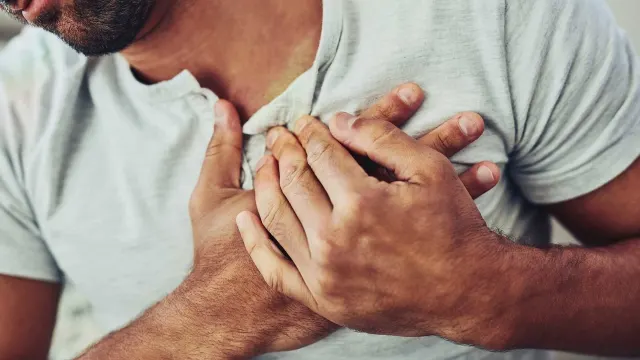
Chest Pain Or Discomfort Radiating To The Arm, Shoulder, Or Jaw
Chest pain or discomfort is one of the most common symptoms experienced during a heart attack. It often feels like pressure, tightness, or a squeezing sensation in the chest. In men, this pain may also radiate down the left arm, towards the shoulder, and even extend to the jaw. It’s important to note that chest pain can vary in intensity and may come and go.
Nausea And Vomiting
Another symptom that men may experience during a heart attack is nausea and vomiting. This can be accompanied by a general feeling of discomfort in the stomach. Pay attention if you suddenly feel nauseous or have the urge to vomit without any apparent reason.
Sweating And Lightheadedness
During a heart attack, men may also experience excessive sweating and lightheadedness. This can be a result of the body’s response to the stress caused by the heart attack. If you suddenly break out in a cold sweat and feel dizzy or faint, it’s important to seek medical attention immediately.
It’s important to remember that these symptoms may not always be present or may vary from person to person. If you suspect that you or someone around you is experiencing a heart attack, it’s crucial to call emergency services right away for immediate medical assistance. Time is of the essence when it comes to treating a heart attack, so never hesitate to seek help.
Recognizing Heart Attack Symptoms In Women
Heart attacks can present differently in women compared to men, and recognizing these unique symptoms is crucial for early detection and prompt medical attention. While chest pain or discomfort is a common indicator of a heart attack, there are other signs that women should be aware of. Understanding these symptoms can help save lives.
Unique Symptoms Such As Upper Back Pain, Dizziness, And Indigestion
In addition to the classic symptoms, women may experience unique signs of a heart attack. Upper back pain, dizziness, and indigestion are among them. It’s important for women to pay attention to any unusual sensations they might be feeling in their upper back, as this can be a sign of a heart attack. Similarly, sudden dizziness or lightheadedness, especially when accompanied by other symptoms, should not be ignored. Additionally, indigestion that is not relieved by antacids or changes in diet can also be a warning sign.
Chest Pain Or Discomfort
Chest pain or discomfort remains one of the primary symptoms of a heart attack in both men and women. Women may feel a squeezing or fullness in their chest, rather than the expected sharp pain. The sensation may also radiate to the arm, jaw, neck, or back. It is crucial not to dismiss any chest discomfort or pain experienced, especially if it lasts for more than a few minutes or recurs.
Shortness Of Breath And Fatigue
Shortness of breath and fatigue are two key signs of a heart attack in women. If you feel breathless or find it difficult to catch your breath, even during light physical activity or at rest, it could be a warning sign. Fatigue can also be an early symptom of a heart attack in women, and it may occur suddenly or persistently without an obvious cause. Both shortness of breath and fatigue should be taken seriously and assessed by a healthcare professional.
Recognizing heart attack symptoms in women is crucial for early detection and timely medical intervention. By being aware of the unique symptoms such as upper back pain, dizziness, and indigestion, women can take proactive steps to protect their heart health. If you experience any chest pain or discomfort, shortness of breath, or unusual fatigue, it is important to seek immediate medical attention.
Identifying Symptoms In Older Adults
Recognizing the symptoms of a heart attack in older adults can be crucial for timely intervention. Look out for signs like chest pain or discomfort, shortness of breath, pain in the jaw, neck, back, arm or shoulder, and feelings of nausea, lightheadedness, or unusual fatigue.
It is important to seek medical attention if these symptoms are present.
Recognizing the symptoms of a heart attack becomes even more crucial as we age, especially for older adults who may experience atypical symptoms. It’s important to be aware of these signs so that timely medical attention can be sought. By understanding the unique symptoms that older individuals may face, we can empower ourselves to take appropriate action in case of a potential heart attack.
Atypical Symptoms In Elderly Individuals
In older adults, the symptoms of a heart attack may not always manifest in the typical chest pain or discomfort. Instead, they may experience subtler signs such as:
- Indigestion or heartburn that doesn’t subside with antacids
- Unexplained fatigue or weakness
- Breathlessness, even with minimal exertion
- Discomfort or pain in the upper abdomen, jaw, or neck
It’s important to pay attention to these atypical symptoms, as they can often be overlooked or attributed to other health conditions. If you or an older loved one experiences any of these signs, it’s essential to seek medical assistance promptly.
Confusion Or Mental Decline
In some cases, older adults experiencing a heart attack may not exhibit the classic physical symptoms but instead display confusion or a decline in mental function. This can manifest as:
- Difficulty concentrating
- Sudden confusion or disorientation
- Memory problems or forgetfulness
- Unusual behavior or agitation
If you notice these cognitive changes in an older adult, particularly if they occur alongside other potential heart attack symptoms, it’s crucial to seek immediate medical attention as this could be a sign of a cardiac event.
Functional Decline Or Decreased Energy Levels
Another subtle indicator of a heart attack in older adults is a decline in functional abilities or a noticeable decrease in energy levels. This can be observed through:
- Diminished ability to perform daily tasks or activities
- Unexplained exhaustion or being unusually tired
- A decrease in overall stamina or endurance
- Lack of motivation or decreased interest in previously enjoyed activities
If you or an older adult you know experiences these functional declines without an apparent explanation, it’s essential to consider the possibility of a heart attack and seek medical evaluation promptly.
By being aware of these atypical symptoms in older adults, we can better recognize and respond to potential heart attacks. Remember, timely medical intervention can significantly improve outcomes and save lives. If you or someone you know is experiencing any of these signs, do not hesitate to seek emergency medical care.
Signs Of A Silent Heart Attack
Recognizing the symptoms of a heart attack is crucial. Look out for chest pain or discomfort, shortness of breath, pain in the jaw, neck, back, arm, or shoulder, as well as feelings of nausea, lightheadedness, or unusual fatigue.
Silent heart attacks, also known as silent myocardial infarctions, are heart attacks that occur without the typical symptoms. Unlike traditional heart attacks, silent heart attacks may not cause noticeable chest pain or discomfort, making them difficult to recognize and diagnose. However, there are other subtle signs that can indicate a silent heart attack has occurred. It is important to be aware of these signs and seek medical attention promptly to prevent further damage to the heart.
Absence Of Noticeable Symptoms
One of the main characteristics of a silent heart attack is the absence of noticeable symptoms. Unlike a regular heart attack, which is often accompanied by chest pain or discomfort, silent heart attacks may go unnoticed or be mistaken for less severe conditions. This lack of symptoms can be concerning as it delays diagnosis and treatment, leading to potential long-term complications.
Importance Of Regular Check-ups And Screenings
Regular check-ups and screenings play a crucial role in detecting silent heart attacks. During these appointments, healthcare professionals can perform various tests, including electrocardiograms (ECG) and blood tests, to assess heart health and identify any signs of damage or abnormalities. Detecting a silent heart attack early allows for timely intervention and reduces the risk of future complications.
Risk Factors For Silent Heart Attacks
Several risk factors increase the likelihood of experiencing a silent heart attack. These risk factors include:
- Hypertension (high blood pressure)
- High cholesterol levels
- Diabetes
- Smoking
- Obesity
- Family history of heart disease
Having one or more of these risk factors increases the chances of developing silent heart attacks. By recognizing these risk factors and taking necessary preventive measures, such as adopting a healthy lifestyle and managing existing conditions, individuals can reduce their risk of experiencing silent heart attacks.
Overall, being aware of the signs of a silent heart attack is vital for early detection and prompt medical intervention. By understanding the absence of noticeable symptoms, emphasizing the importance of regular check-ups and screenings, and recognizing the risk factors associated with silent heart attacks, individuals can take proactive steps in maintaining heart health and preventing future cardiac events.
When To Seek Medical Help
Recognizing the symptoms of a heart attack is crucial. Look out for chest pain or discomfort, shortness of breath, and pain in the jaw, neck, back, arm, or shoulder. Other signs can include feeling nauseous, light-headed, or unusually tired. If you experience any of these symptoms, seek medical help immediately.
Not Ignoring Symptoms And Seeking Immediate Medical Attention
When it comes to recognizing the symptoms of a heart attack, it is crucial not to ignore any warning signs your body may be giving you. Ignoring these symptoms and failing to seek immediate medical attention can have serious consequences and even be life-threatening. Being aware of the common symptoms associated with a heart attack and acting promptly can greatly improve your chances of getting the necessary interventions and treatment in a timely manner.
Calling Emergency Services Or Going To The Nearest Hospital
If you experience symptoms such as chest pain or discomfort, shortness of breath, pain or discomfort in the jaw, neck, back, arm, or shoulder, feeling nauseous, light-headed, or unusually tired, it is important to call emergency services or go to the nearest hospital right away. Do not wait for the symptoms to resolve or assume they will go away on their own. Time is of the essence when it comes to a heart attack, and prompt medical attention can make all the difference in saving your life.
Importance Of Quick Intervention For Better Outcomes
Quick intervention is vital when it comes to a heart attack. The sooner medical professionals can assess your condition and provide appropriate treatment, the better your chances are for a positive outcome. Delaying medical help can lead to further damage to your heart muscle and increase the risk of complications or even death. By seeking immediate medical attention, you are giving yourself the best chance at a successful recovery and minimizing the long-term effects of a heart attack.
Frequently Asked Questions For How To Recognize The Symptoms Of A Heart Attack
How Can I Rule Out A Heart Attack At Home?
To rule out a heart attack at home, you can check for symptoms like chest pain, shortness of breath, discomfort or tightness, and being short of breath. You can also measure your pulse rate and blood pressure using a blood pressure monitor.
However, it’s always recommended to seek immediate medical attention if you suspect a heart attack.
What Are The Symptoms Of A Mini Heart Attack?
Symptoms of a mini heart attack may include chest discomfort or pain, shortness of breath, pain in the jaw, neck, back, arm, or shoulder, as well as feeling nauseous, lightheaded, or unusually tired. It can feel like an uncomfortable pressure, squeezing or pain in the chest and may also be felt in other upper-body areas.
SMI can have similar symptoms to a heart attack.
What Is A Pre Heart Attack?
A pre heart attack refers to the early signs or symptoms that may occur hours or weeks before an actual heart attack. These signs can include chest discomfort, shortness of breath, shoulder and/or arm pain, and weakness. It’s important to recognize and seek medical attention for these symptoms.
What Can Mimic A Heart Attack?
Muscle pain, digestive issues, and panic attacks can mimic a heart attack.
What Are The Common Symptoms Of A Heart Attack?
Chest pain or discomfort, shortness of breath, pain in the jaw, neck, back, arm or shoulder, nausea, lightheadedness, and unusual tiredness.
What Are The Warning Signs Of A Heart Attack?
Warning signs include chest discomfort, arm, neck and jaw pain, shortness of breath, and more.
How Can I Recognize The Signs Of A Heart Attack?
Look for chest pain, difficulty breathing, upper body pain, feeling lightheaded, weakness, and anxiety.
Are There Any Early Symptoms Of A Heart Attack?
Early symptoms can include a feeling of fullness, pain in the arms, jaw pain, excessive fatigue, anxiety, and nausea.
How Can I Rule Out A Heart Attack At Home?
Check your pulse rate, blood pressure, and monitor yourself for symptoms such as chest pain, shortness of breath, and discomfort.
What Are The Symptoms Of A Mini Heart Attack?
Symptoms of a mini-heart attack can include discomfort in the chest, upper body areas, back, neck, jaw, or stomach.
Conclusion
Recognizing the symptoms of a heart attack is crucial for early diagnosis and prompt medical intervention. Common signs include chest pain or discomfort, shortness of breath, and pain in the jaw, neck, back, arm, or shoulder. Additionally, feeling nauseous, light-headed, or unusually tired can also indicate a potential heart attack.
If you experience any of these symptoms, it is important to seek immediate medical attention. Remember, early recognition and treatment can greatly improve outcomes and save lives. Stay informed and prioritize your heart health.

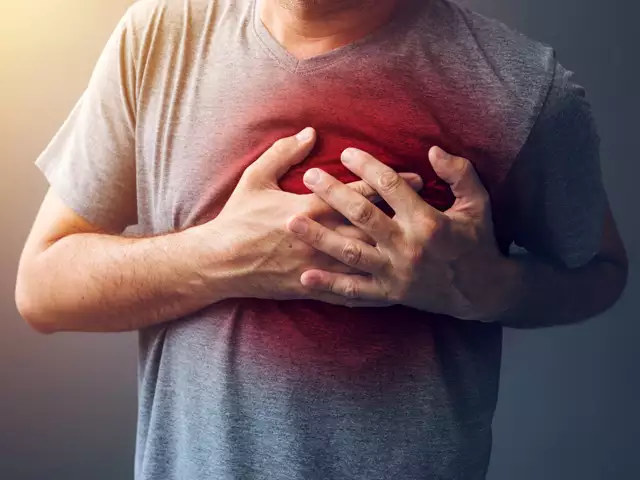





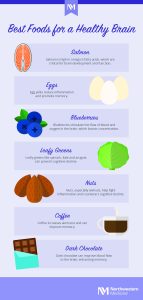


Be First to Comment